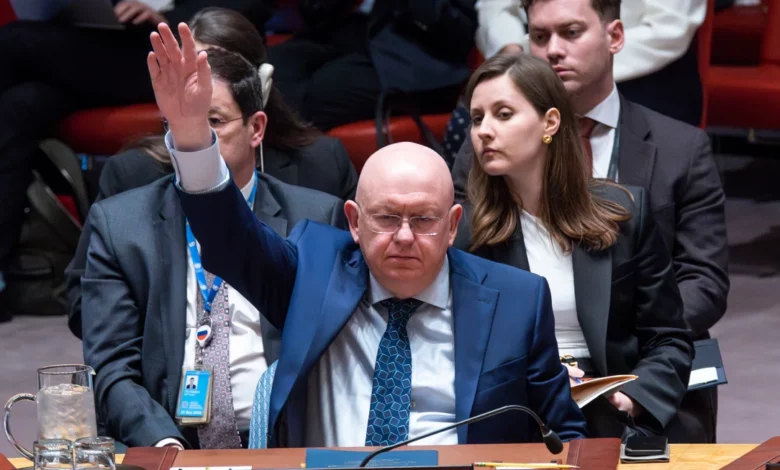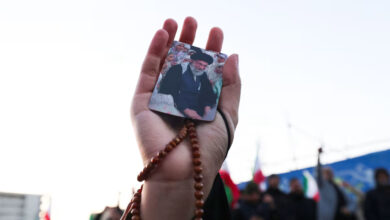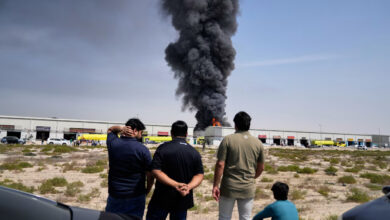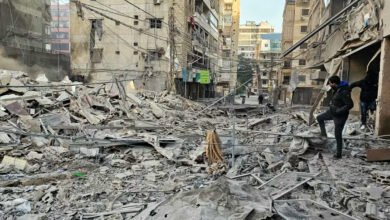
Russian Ambassador Vassily Nebenzia described the UN draft as a “dirty spectacle” and a “cynical ploy” prepared by the resolution’s backers, the US and Japan.
In February, President Joe Biden confirmed the US has intelligence that Russia is developing a nuclear anti-satellite capability. Three sources familiar with the intelligence subsequently told CNN the weapon could destroy satellites by creating a massive energy wave when detonated.
Before the vote, senior US officials claimed Russia might be hiding something should it veto the text.
US Ambassador Linda Thomas-Greenfield echoed those claims in her speech after the vote on Wednesday.
“And so today’s veto begs the question: Why? Why, if you are following the rules, would you not support a resolution that reaffirms them?” she asked.
“What could you possibly be hiding? It’s baffling. And it’s a shame.”
The US ambassador also condemned China’s abstention, saying Beijing “has shown that it would rather defend Russia as its junior partner, than safeguard the global nonproliferation regime.”
The Council voted against resolution amendments tabled by Russia and China.
Thomas-Greenfield said Wednesday’s vote “marks a real missed opportunity to rebuild much-needed trust in existing arms control obligations.”
A US and Japan-drafted resolution had received cross-regional support from more than 60 member states.
It intended to strengthen and uphold the global non-proliferation regime, including in outer space, and reaffirm the shared goal of maintaining outer space for peaceful purposes.
It also called on UN member states not to develop nuclear weapons or other weapons of mass destruction designed to be placed in Earth’s orbit.
Nuclear threat
The potential threat of nuclear weapons in space has been amplified by Russia’s invasion of Ukraine, which has triggered Europe’s most significant land conflict since World War II and sent relations between the US and Russia – the world’s two largest nuclear armed states – to new lows.
The White House’s comments on the prospect of a Russian nuclear space weapon have deepened those concerns.
Experts say this kind of weapon could have the potential to wipe out mega constellations of small satellites, like SpaceX’s Starlink, which has been successfully used by Ukraine to counter Russian troops.
This would almost certainly be “a last-ditch weapon” for Russia, the US official and other sources said — because it would do the same damage to whatever Russian satellites were also in the area.
Russian President Vladimir Putin said in March that Moscow is ready to use nuclear weapons if there is a threat to the existence of the Russian state but “there has never been such a need.”
He also told officials that space projects, including the setup of a nuclear power unit in space, should be a priority and receive proper financing.
Last year, Putin deployed tactical nuclear weapons to neighboring ally Belarus, and former Russian president and deputy chairman of Russia’s Security Council Dmitry Medvedev said strategic nuclear weapons could be used to defend territories incorporated into Russia from Ukraine.




